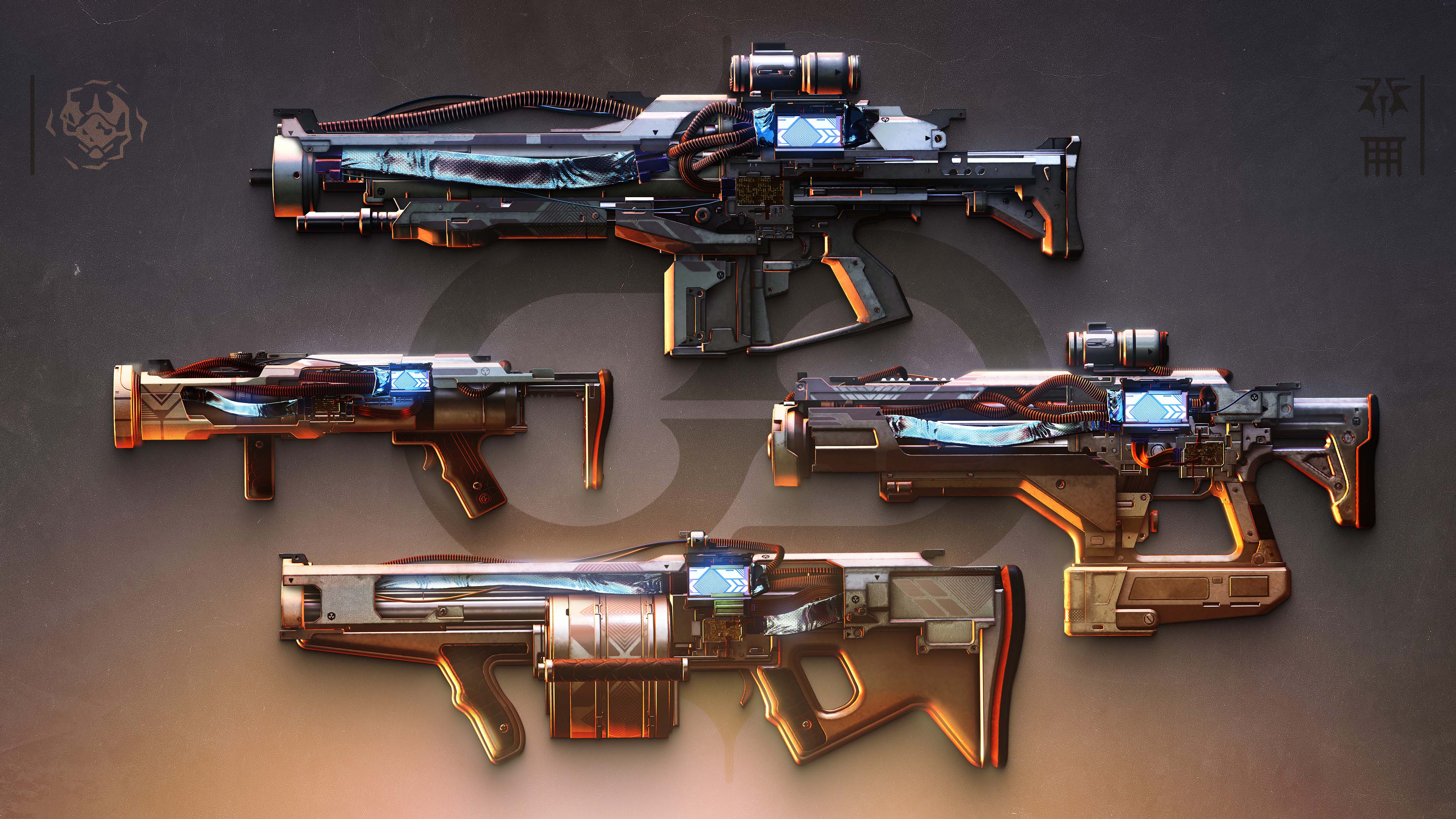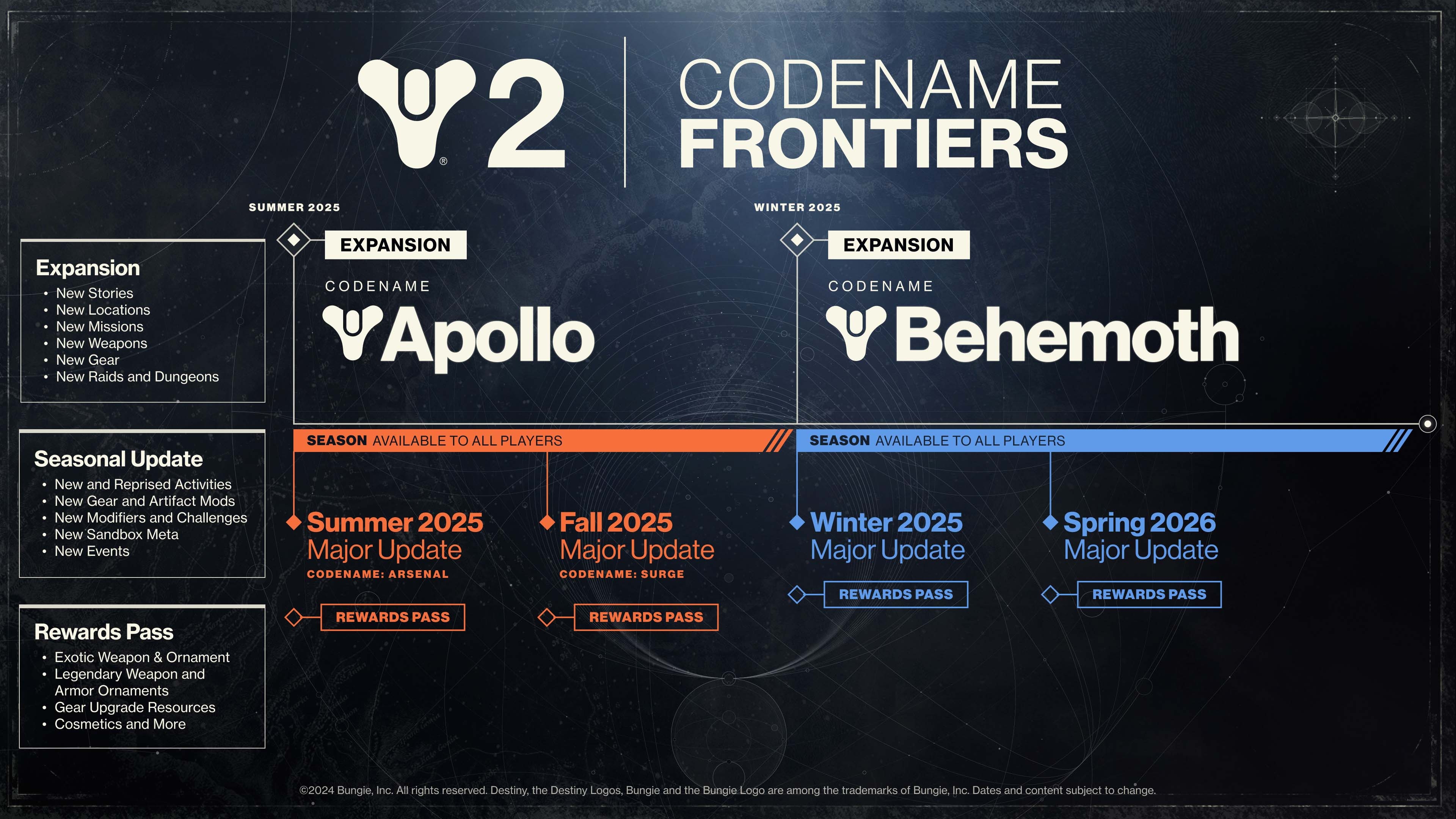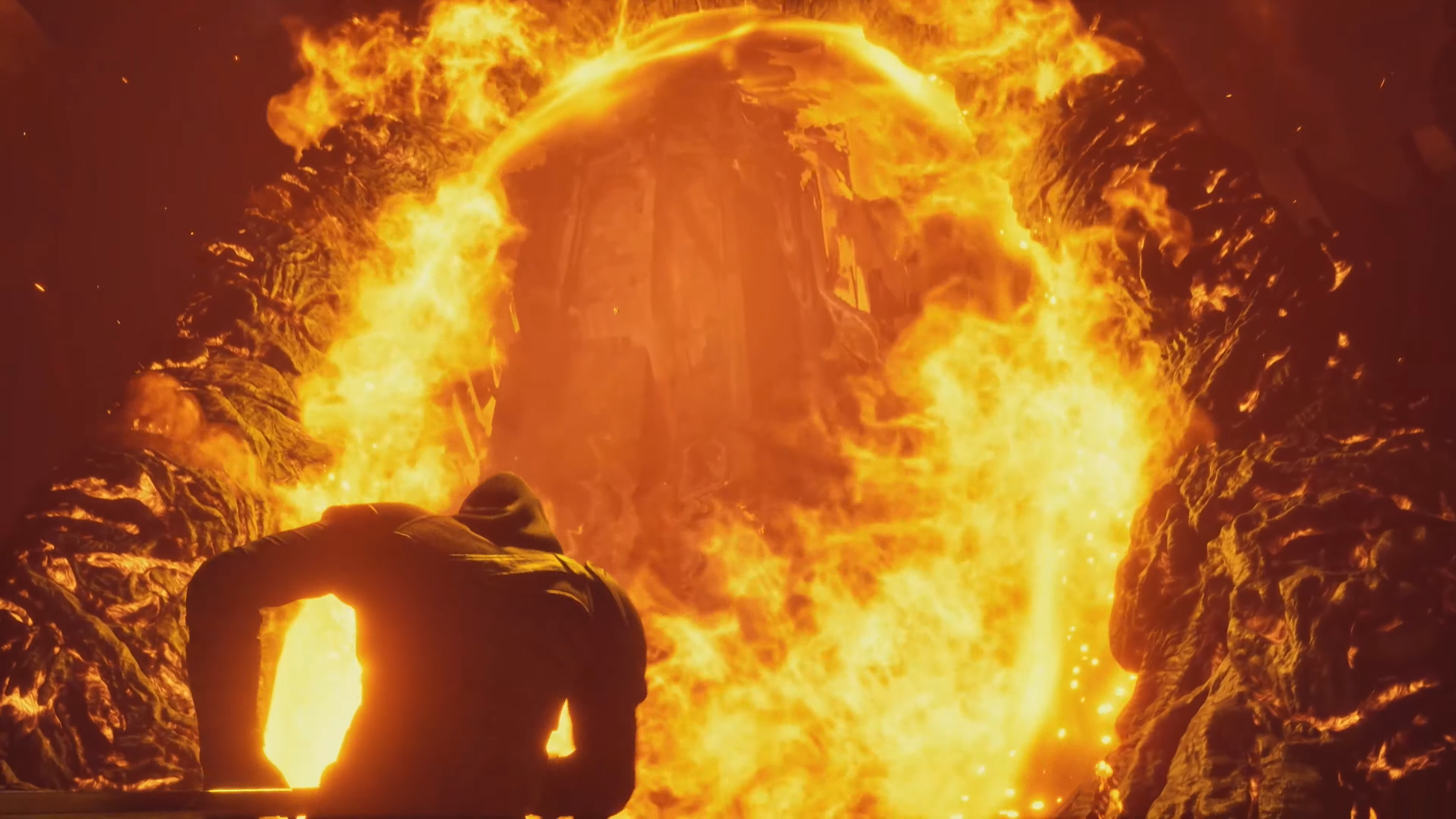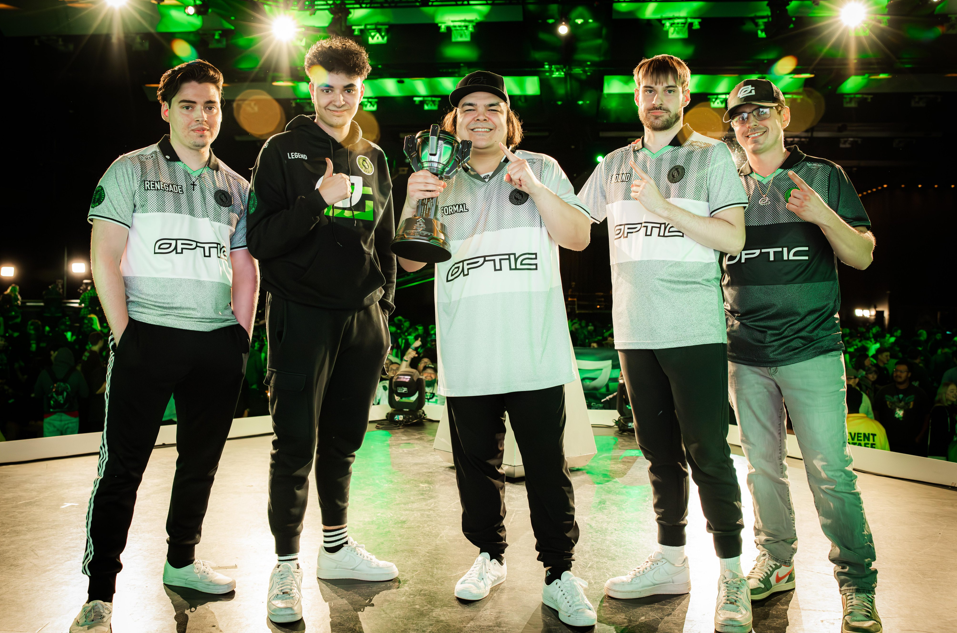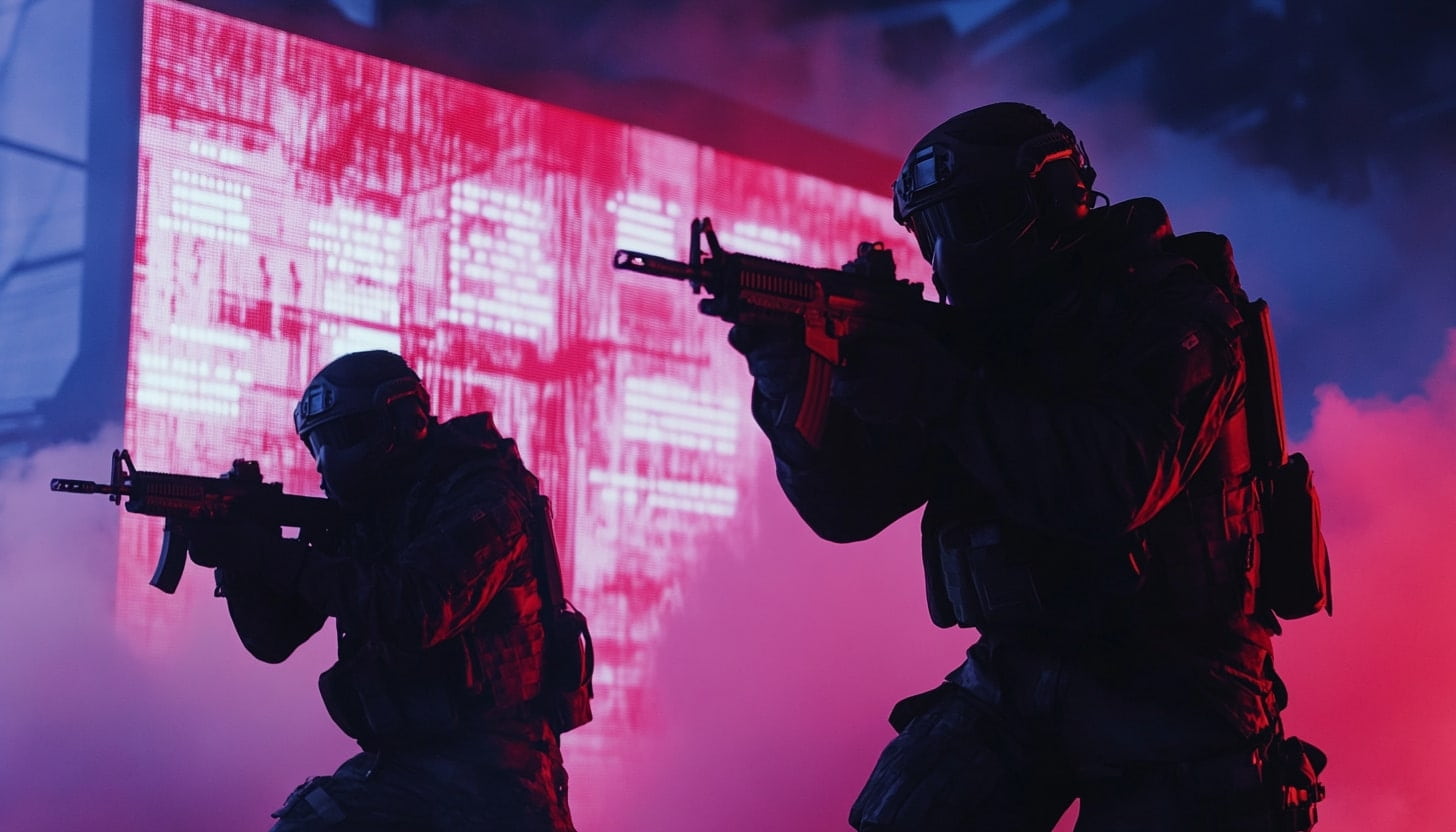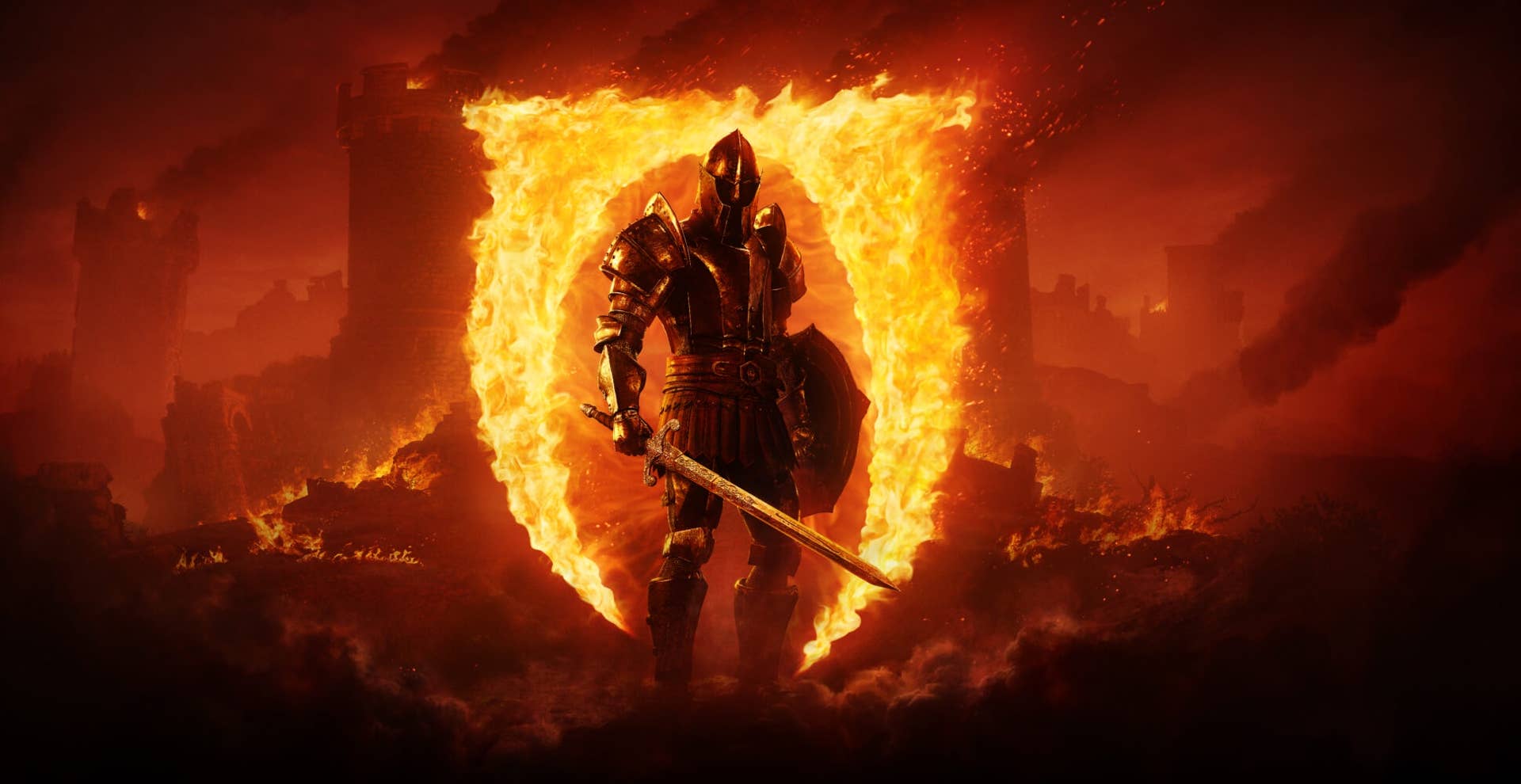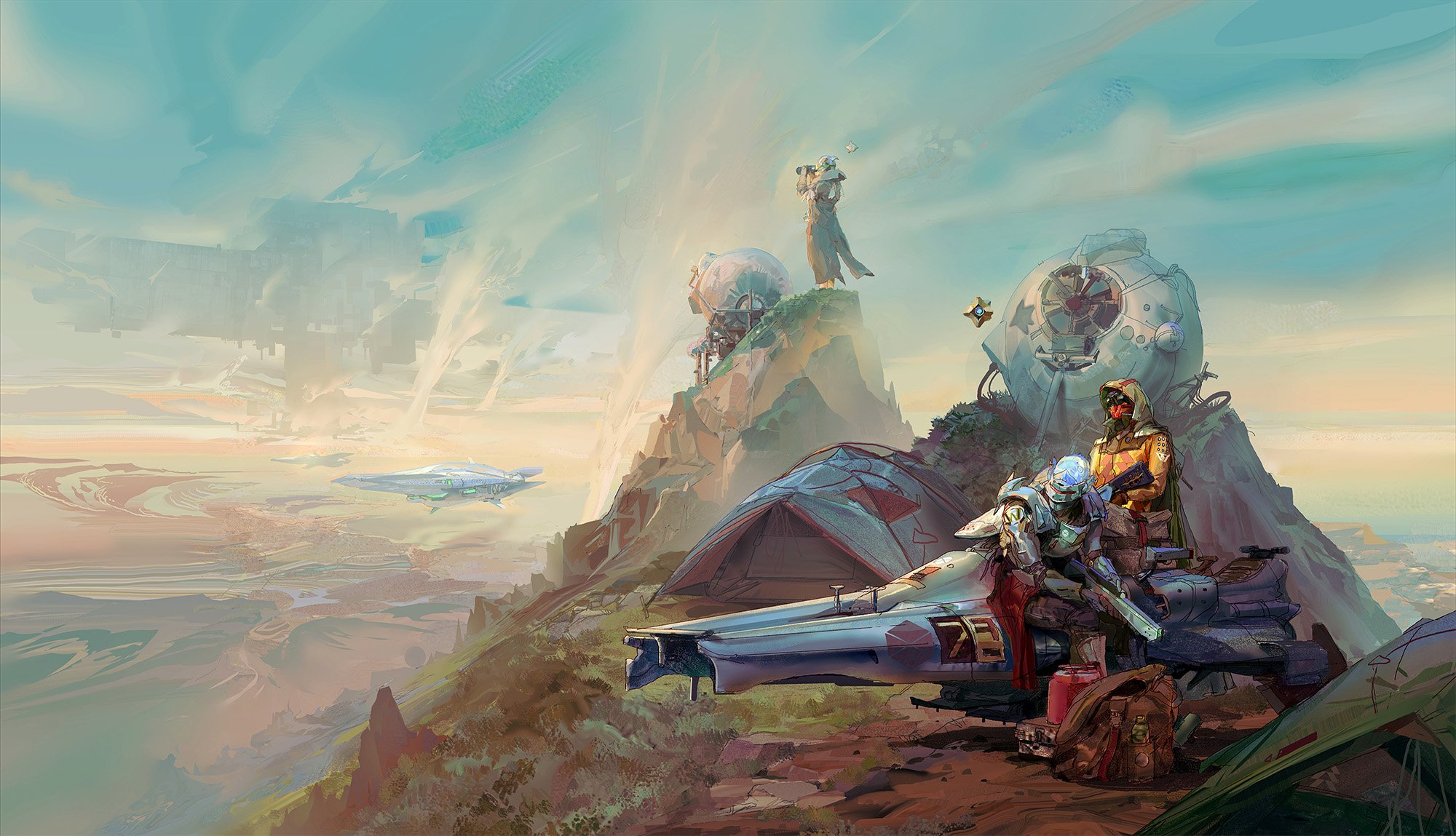
Robbie Stevens on what to expect from Heresy, Frontiers, and what Bungie has learned since The Final Shape.
For Destiny 2, the afterglow following The Final Shape, last summer’s saga-capping expansion, has long faded. Those players who have stuck around (like me) for the next phase now have a shopping list of complaints about the episodic format that has followed, exacerbated by how buggy the game has become in the wake of the mass layoffs conducted by Bungie in July.
Into that atmosphere it’s important to strike the right balance between contrition over mistakes and the optimism necessary to convince players that the good times are coming again. In today’s end of year communique from assistant game director Robbie Stevens, he largely gets the tone right, acknowledging that since The Final Shape “some changes have been well received by the community…” while “others have had a rocky start.”
Stevens cites the removal of weapon crafting as a particular pain point. The decision to cut crafting from seasonally-released weapons was sold as a way to make each loot drop more exciting, rather than just grinding out the patterns necessary before you could create your perfect ‘God Roll’. However, and this may shock you, many people have not been delighted at going back to relying on RNG, particularly when as Stevens acknowledges, the new ‘Tonic’ system designed to mitigate that RNG has been buggy and onerous to interact with.
We know we missed the mark with the Tonic timers and not guaranteeing a weapon from the active Tonic.
Robbie Stevens, assistant game director, Bungie
The way Tonics work is that you use materials to mix potions, which once glugged will give your character an increased chance of looting a particular item for a set amount of time. In theory, it lets you target farm for the weapon you want, regardless of which of the game’s many activities you’re playing. In practice, some found themselves locked out of creating tonics entirely, others simply couldn’t be bothered to manage the timers, and it was eventually discovered that certain tonics weren’t even rewarding the right items.
Add that to the recent ‘Weightgate’ controversy, in which the community uncovered a problem with the way loot RNG works (ie much less randomly than it should) that seemed to date all the way back to 2018, and it’s little wonder that players have become increasingly frustrated and mistrustful about the game’s fundamental systems. “Tonics were meant to provide loot agency in-lieu of crafting and give you a fresh way to chase gear,” said Stevens. “But we know we missed the mark with the Tonic timers and not guaranteeing a weapon from the active Tonic. So, we’re in the process of developing changes to make Tonics last longer and give better payouts on top of a series of bug fixes planned for December 17.”
That is the question. And please indulge me with a mini-rant: Bungie really needs to sort out how Dungeon loot works. Certain exotics aside, weapons that drop from Dungeons have never been craftable, and that makes farming them a huge annoyance, specifically because the loot pool is clogged with armor that no one needs once they’ve unlocked the transmog. I recently spent two nights farming for a perfect VS Pyroelectric Propellant [picture top], and none of us even came close to the roll we wanted. We sure did get a lot of boots though.
That’s all well and good, but I’m still not convinced by Tonics as a concept. Extending their timers doesn’t feel like enough of a rethink. Ultimately it’s an unnecessary system layered onto a game which already has too many of those. Far better to take inspiration from the way Destiny 2 handles focusing for exotic class items and lets players simply toggle the item they wish to target. I feel much more positive about the mention of the Heretical Arsenal, which Stevens describes as “a new tier of seasonal weapon”, which will launch as part of the next episode, currently scheduled for 4 February.
“More details on these weapons as we approach Heresy but rest assured that it will be clear when they hit your inventory that they’re worth inspecting,” said Stevens. My hope is that this might be an entirely new tier of weapon rarity, which frankly the game has needed for years. I’d love something like the Mythic Uniques found in Diablo, but if I had to guess it’s more likely to be similar to the ‘shiny’ weapons that dropped from the original version of Onslaught.
Vaulting ambition
More gear means more pressure on Guardians’ storage vaults, but Stevens also hinted at help coming on that front. “We’re in the early stages of planning long-term changes to relieve vault pressure that will start [to] manifest later in the year of Codename Frontiers.” For those of you who’ve understandably lost track of the lexicon of Destiny expansion codenames, Frontiers is the next big narrative cycle coming to Destiny, which will begin after Heresy wraps up next summer. Frontiers will comprise two expansions in 2025, each pegged at a roughly similar size to the Rise of Iron DLC, and involves players venturing out beyond the Sol system for the first time.
The working title for the first of those expansions is Apollo, and Stevens confirmed that it will feature a brand new planetary destination which is already content complete: “We’re focused on polishing the non-linear campaign, Metroidvania gameplay experience, developing the finer details of the world and fleshing out the numerous quests that you’ll discover during the journey through new frontiers. The Core Game Portal, activities, modifiers, and next generation gear that will be Destiny’s new backbone are coming online.”
The Metroidvania concept is the most interesting thing here, as it points to a potentially very different way to explore the game’s universe. However, if what that amounts to is time-gating by another name—ie ‘ Sorry, you can’t get through that door this week, come back next with the right upgrade’—I suspect the outcry on Reddit will be heard from Venus.
Speaking of playtesting Apollo’s content, Stevens revealed that multiple community summits are in the works, and that Bungie is also hiring a number of gameplay specialists to test the core systems and activities. On that front, let’s also hope the QA department is being staffed back up. I’ve played Destiny 2 for 10 years and many thousands of hours, and I’ve never known it to be this buggy. Only yesterday, an ‘Event Card’ for the game’s winter celebration went live for free, when it normally costs $10, before it was pulled from the store.
Bungie described that as a “bank error” in favor of those players who grabbed the cosmetics quickly enough, but that magnanimity aside, there are an enormous amount of bugs in the game which are hampering players. We’ve had loot chests that drop nothing. Abilities doing way too much (or too little) damage. Regular crashing in certain areas, UI glitches, in-game notifications that repeat ad nauseam—on and on it goes. As my colleague on GamesRadar noted last month: ‘Destiny 2 is kind of a mess right now‘.
At no point in the blog does Stevens engage directly with the community-wide sentiment that something really needs to be done to stabilise the game, but I have to hope it’s being made a substantial priority. Again, it’s hard not to look back at those layoffs as the most likely culprit for the overall downturn in reliability. I mean, if developing your game is a bit like building a plane while still flying it, then maybe it isn’t a good idea to get rid of a bunch of the people whose job it was to ensure things work properly.

